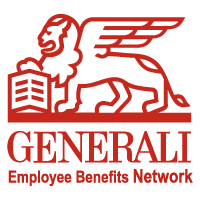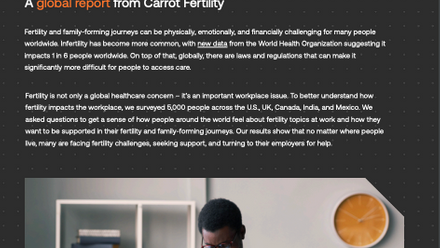Ensuring compliance with changing health insurance regulations in the UAE

Crucially, employers are responsible for providing every employee with an appropriate level of cover or risk fines of 500AED per month for each staff member without insurance in place.
With a population of just over 9m, almost 80% of which are expatriates, the UAE has to cater for the healthcare needs of a significant overseas population.
With specific reference to Dubai, total healthcare costs in the Emirate of $14bn in 2013 are expected to rise to £20bn in 2018 and it’s against this background that a system of compulsory health insurance was planned and introduced in stages from the end of 2014.
The initial stage of the regulations came into force during October 2014 when organisations with over 1,000 employees were required to provide at least the basic cover - the Essential Benefits Plan (EBP) – for staff.
This was followed by a July 2015 deadline for companies with between 100 and 1,000 employees and finally SMEs of 3-100 employees, which needed insurance in place by June 30 2016.
Spouses, dependents and domestic workers must also be covered by the end of 2016 – with employers expected to pick up the cost of cover for dependants associated with an expatriate assignment. New workers need to be covered if they start work before the end of 2016.
Fines and Visas
Proof of insurance must be provided when applying for a visa. Companies and individuals can be fined for not having the correct insurance in place at visa renewal, or entry into the emirate, refused. A company can incur a penalty of 500AED, or just over £100, per month for each employee without the compliant insurance cover.
The Essential Benefit Plan
Residents must, as a minimum, be covered by an essential benefits plan (EBP). However, only participating insurers are allowed to sell the EBP and it can only be provided to workers whose gross salary is 4,000 AED per month or less.
The EBP plan covers the Emirate of Dubai territorial region only for in and out-patient treatment. It requires no underwriting and it caps premiums at around 700AED per annum - a figure which will be reviewed each year in line with inflation and claims experience.
Pre-existing conditions and maternity must now be covered, although new entrants to the country may be subject to a six month waiting period. There are no deductibles, however, co-insurance applies to all in and out-patient treatment, which is payable by the employee, not the employer.
The EPB plans can appear similar to one another due to the prescriptive nature of the regulations, and all of them have restricted network provision. However, insurers can offer more comprehensive plans with a wider geographical scope and network provision, as long as they adhere to the minimum levels of cover featured in the standard EPB plan.
Extending the cover
Those earning over 4,000 AED per month – around £800 – can purchase enhanced cover such as that offered by an international private medical insurance plan. This type of cover extends beyond the territorial limits of the UAE to the rest of the world, provides additional benefits with higher limits and access to a greater range of healthcare facilities.
For UK-headquartered organisations with international teams, providing compliant healthcare programs can be a minefield. Dubai has followed a similar health insurance scheme in Abu Dhabi and other emirates are in varying degrees of transition. Insurers are able to provide advice and assistance on regulations in the Middle East and other jurisdictions on how to both comply with insurance law and protect the health of employees.
Marco Giacomelli is head of Generali Global Health.
This article was supplied by Generali.
In partnership with Generali Employee Benefits Network
Generali Employee Benefits' solutions are to protect and enhance the wellbeing of their workforce.







